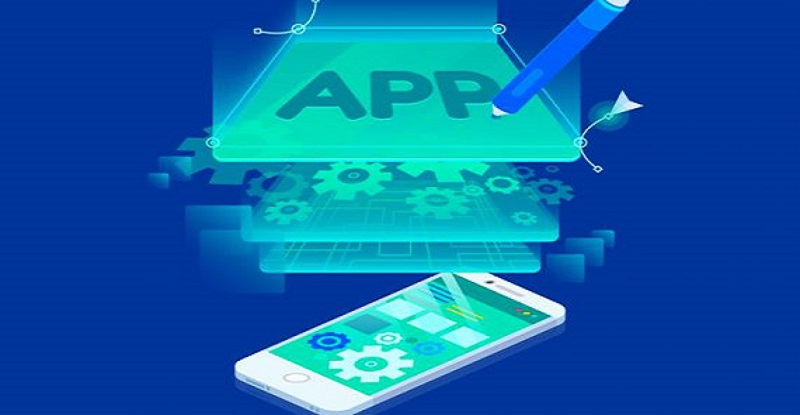With the extraordinary growth in mobile application development over the past decade, iOS and Android have become the forefront of leading operating systems. If you’re an experienced developer and are always looking for breakthroughs to improve your mobile app development, then Flutter is a recognized technology they use. Because of some of the well-known properties of Flutter, all organizations have paid close attention to it. In this article, we examine the pros and cons of the Flutter application development company.
What is Flutter?
For developing native Android and iOS apps with a single code base, Flutter is Google’s new open-source technology. Of all the cross-platform tools – Phonegap, Xamarin, React Native, and many more – the Flutter framework has become a famous platform for developers, entrepreneurs, and users. It is an open-source platform used to develop a cross-platform mobile application with a single source code. More than half a million developers claim to be actively using Flutter every month. Flutter now supports the development of desktop and web applications and the development of mobile applications through a single code base. As Google continues to invest in the framework, Flutter has the potential to become one of the world’s leading mobile application development frameworks.
Pros
1. Equivalent to Performance of Native App
A good user experience is the most important factor that contributes to the success of your application. Poor performance can severely affect the user interface of your application. Mobile applications developed using Flutter are indistinguishable from applications created using native code. In fact, Flutter applications can perform better in a complex user interface.
2. Hot Reload
It is the best part of this feature. Hot Reload is that developers and designers can quickly identify all changes and improvements made to the application immediately.
3. High Performance
Including CPU usage, frame number per second, request number per second, average response time, and many more factors that impact an app’s performance.
4. Immediate Updates
Flutter offers fast reload features that allow instant updates without plugins. Hot reloads also will enable you to view updates in real-time. If you encounter an error while running the code, the framework will allow you to repair and resume it immediately without restarting it.
5. Relatively Fast Development
Relatively fast development saves time, effort, and money for you. Like all other cross-platform technologies, Flutter allows you to use the same code base to build separate iOS and Android applications.
Cons
1. Lack of Standard Development Guidelines
A stable framework has well-developed guidelines that facilitate and standardize development. What’s new in Flutter is the lack of policies that can be a problem when building complex applications.
2. Too Quick to be Stable
Flutter is one of the latest application development frameworks and is still evolving. Many of its libraries are still in the pre-alpha stage and need further testing before stabilizing. So the trap takes more time to take advantage of the operating system.
3. Large File Sizes
Another con of using Flutter is the file size of the application. Applications created using Flutter are challenging and take longer to start or load. It can ruin the user experience and is an indicator of poor performance.
4. Lack of Third-party Libraries
Third-party libraries and packages have a significant impact on software development because they allow certain features for developers. These third-party libraries are generally free, open-source, pre-tested, and easily accessible.
5. Issues with iOS
Flutter was developed by Google. That’s why developers are worried about introducing it to iOS. Because Google has a direct interest in fixing bugs as soon as possible, the fast and enjoyable build of Android apps on Flutter.
So, determining the pros and cons, we concluded that Flutter has far more advantages than disadvantages for business and development teams. You can create truly beautiful, high-performance, and cross-platform mobile applications that meet your unique needs and requirements. You might want to consider Flutter, especially if you’re going to develop it for both iOS and Android. Because it is cost-effective to hire the best flutter application development company than hiring two native app developers (one for Android and one for iOS).
Guest Post Service By www.guestarticlehouse.com




